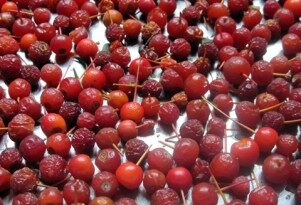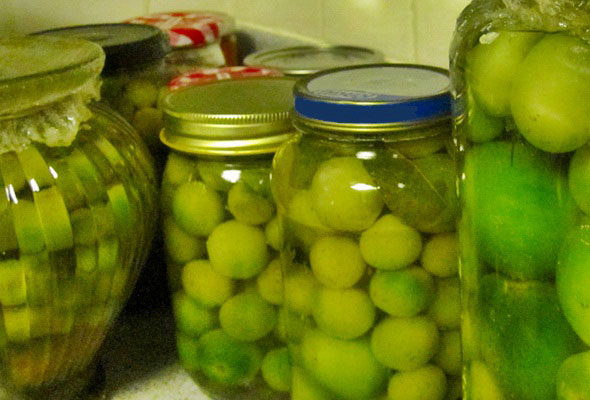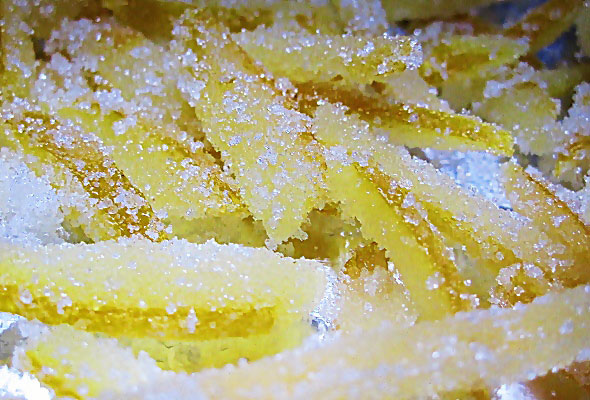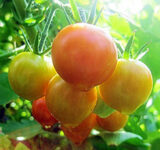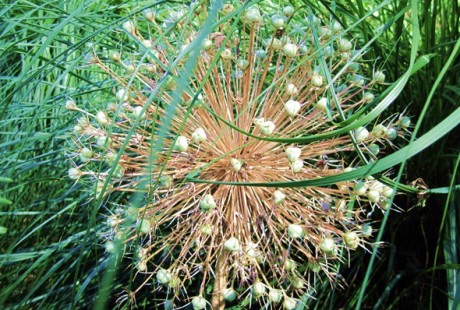Vegetable Canning
The success of home canning resides in controlling pH, proper pasteurizing, and keeping air out of the jars.
The methods vary according to the level of acidity of the produce, but all vegetables commonly grown in the backyard can be safely preserved for the winter.
Acidic fruits like tomatoes can be canned in water. Adding lemon juice to the hot liquid and sterilizing the jars ensures food safety and allows produce to maintain its firmness and bright color.
Hot salt brine will do for zucchini, carrots, cauliflower, parsnips, and green beans. It is enough to keep them crisp without altering their fresh-picked flavor.
Low acidity fruit with high water content, like cucumbers and watermelons, won’t last unless pickled in concentrated salt brine, hot vinegar, or a combination of both.
All food canned in water must be pasteurized in a double boiler or in a low-temperature oven for safety. This method creates a vacuum seal on the jars and kills any aerobic bacteria inside them that would spoil the mix.
For produce pickled in concentrated brine or vinegar, a scolding hot bath will suffice. Gently tap on the jar or use a metal spatula to get the air bubbles out. Use cherry twigs to hold the pickles down, below the liquid’s surface, so they don’t come in contact with air.




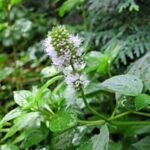 Previous Post
Previous Post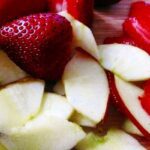 Next Post
Next Post
